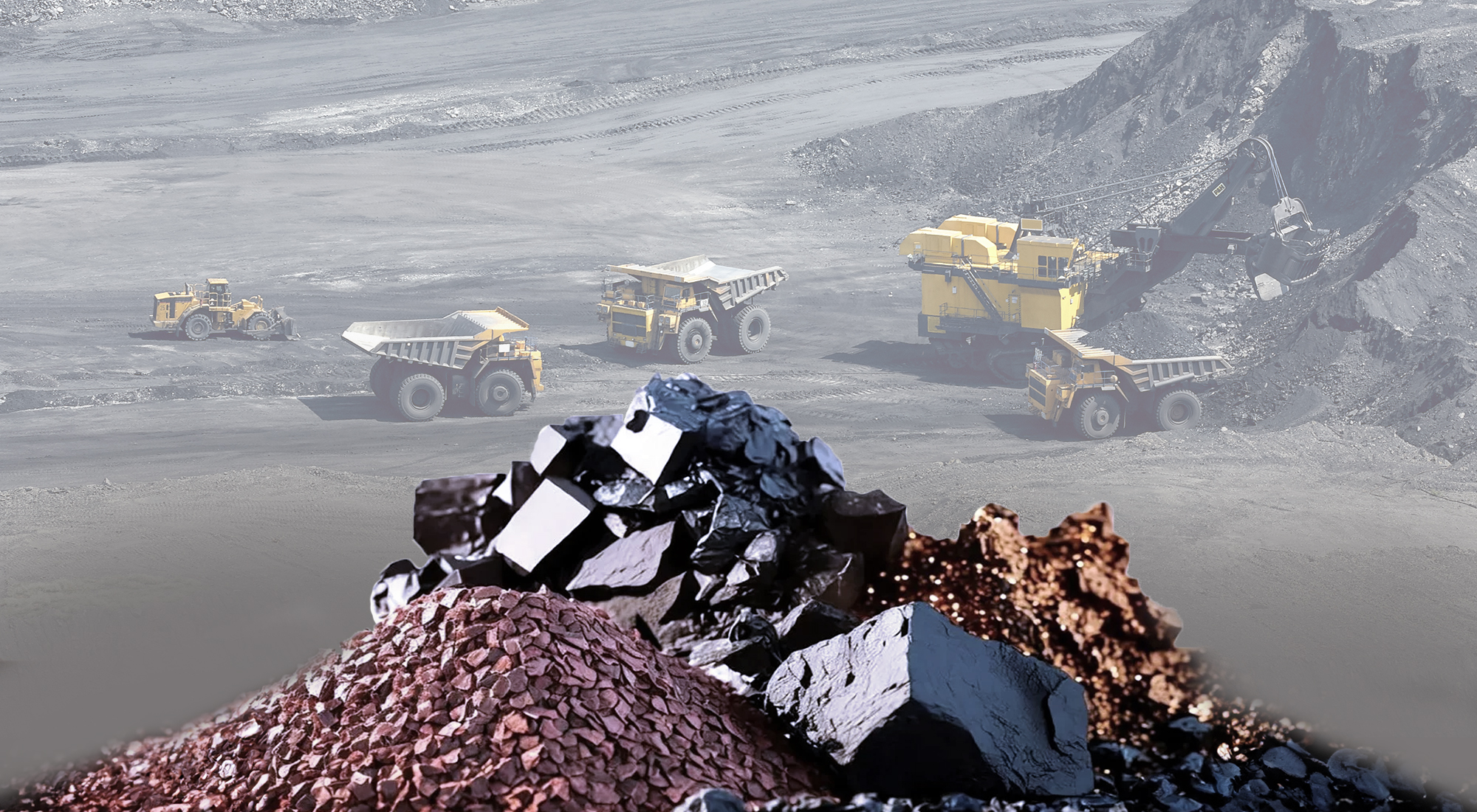A new research study by TRENDS Research and Advisory has revealed new dangers surrounding critical mineral supply chains due to countries’ increasing reliance on policies that conflict with global efforts to reduce emissions.
The study, entitled “Critical Minerals Supply Chains in the New Climate Economy: Decarbonization and the Resilience Challenge”, was authored by TRENDS researchers Stephen Scalet and Mouza Al-Marzouqi. It shows that transition to a carbon-free economy requires huge quantities of critical minerals, such as lithium, cobalt, nickel, manganese and graphite, to produce batteries, solar panels, wind turbines and other clean technology products.
The English-language study indicates that with the increasing demand for these minerals, countries face major challenges in securing sufficient, reliable and affordable supplies. The majority of critical minerals are geographically concentrated in a small number of countries, which makes it more difficult to ensure the stability of supply chains.
According to the study, some countries tend to restrict or even ban exports of critical minerals, which threatens to undermine global efforts to combat climate change.
The study explains that rather than international cooperation, the world is moving towards bilateral or multilateral alliances that are confined to a few politically allied countries. The US, UK, EU and Japan launched the Critical Minerals Agreements (CMAs) program to ensure freedom of trade among them in these strategic minerals.
The study warns that such narrow alliances could lead to a rise in the prices of critical metals whose market would no longer be a global market governed by the principles of trade and investment openness. Focusing on narrow interests may also marginalize ethical and environmental considerations related to mineral extraction operations.
The study calls for adopting a global and comprehensive approach to ensure that critical minerals are provided fairly and equitably to all countries, including developing countries in the Global South, in order to contribute to achieving global emission reduction goals.

A TRENDS study on critical minerals supply chains calls for adopting a global approach that contributes to achieving global emission reduction goals
25 Aug 2024


